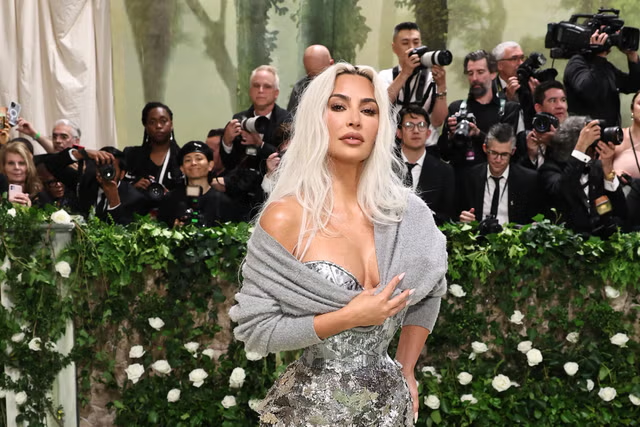Gen-Z has revealed which age they think indicates old age.
In a recent study commissioned by Wellsoon at Practice Plus Group, a total of 2,000 adults were asked questions by researchers about generational differences, particularly those between Gen Z, born between 1997 and 2012, and Baby Boomers, born between 1946 and 1964. According to the results, those under the age of 27 are under the impression that old age truly sets in around the late 50s, with 20 per cent believing that retirement includes spending your days relaxing in an armchair as well as 16 per cent thinking it consists of puttering around.
On the flip side, Boomers believe the opposite. Results show that two-thirds of Boomer-aged participants believe they feel younger than they are, arguing that 60 is the new 40. Some credit their active lifestyle with maintaining their youthful spirit.
Of all the generations, data indicates that Boomers are the most active. They spend an average of four hours more outdoors beyond work hours as opposed to their young adult and millennial counterparts. According to the research, 56 per cent of the Boomer participants said they spent time exercising, while just 39 per cent of those between the ages of 18 and 27 said the same.
Beyond being outdoorsy, Boomers are more likely to travel and explore exotic new locales, likely a perk of either retirement or being settled in their careers.
“Older generations are extremely active, and many older people are more active than some of their younger friends and family members,” a spokesperson for Wellsoon said in a press release. “With almost half of younger people saying being too busy with work and too tired held them back from being more active.”
They continued: “Older people are getting the most out of retirement and have reached an age where they’re comfortable in their own skin and appreciate their bodies and their health.”
Despite claims of feeling more youthful and active, 37 per cent of Boomer participants in the study admitted they would be more active if it wasn’t for persistent health issues and chronic joint pains. However, they also noted that they have learned to appreciate their bodies more as a result, with 80 per cent saying that around the age of 38, they developed a greater appreciation for their body’s ability to function.
“We’ve always known that people coming to us for hip and knee replacements and hernia repair aren’t doing so to get back to their armchairs,” the spokesperson added to the outlet. “They want to go dancing, cycling, hiking, they want to swim on holiday and run around in the park with their grandchildren.”
With Boomers having a penchant for an active lifestyle and a refreshingly positive outlook on ageing, both millennials and Gen-Z could benefit from learning a thing or two about work-life balance from the older generation.
Disclaimer: The copyright of this article belongs to the original author. Reposting this article is solely for the purpose of information dissemination and does not constitute any investment advice. If there is any infringement, please contact us immediately. We will make corrections or deletions as necessary. Thank you.



